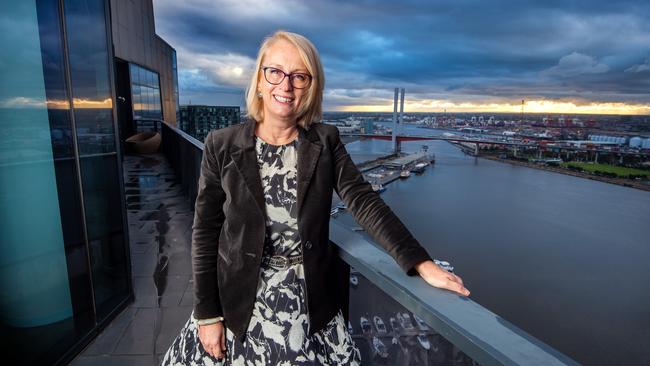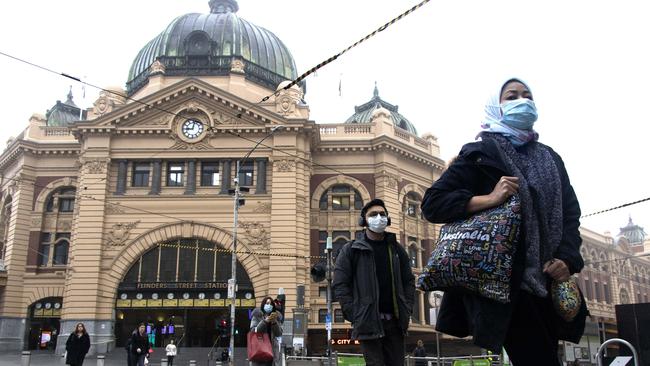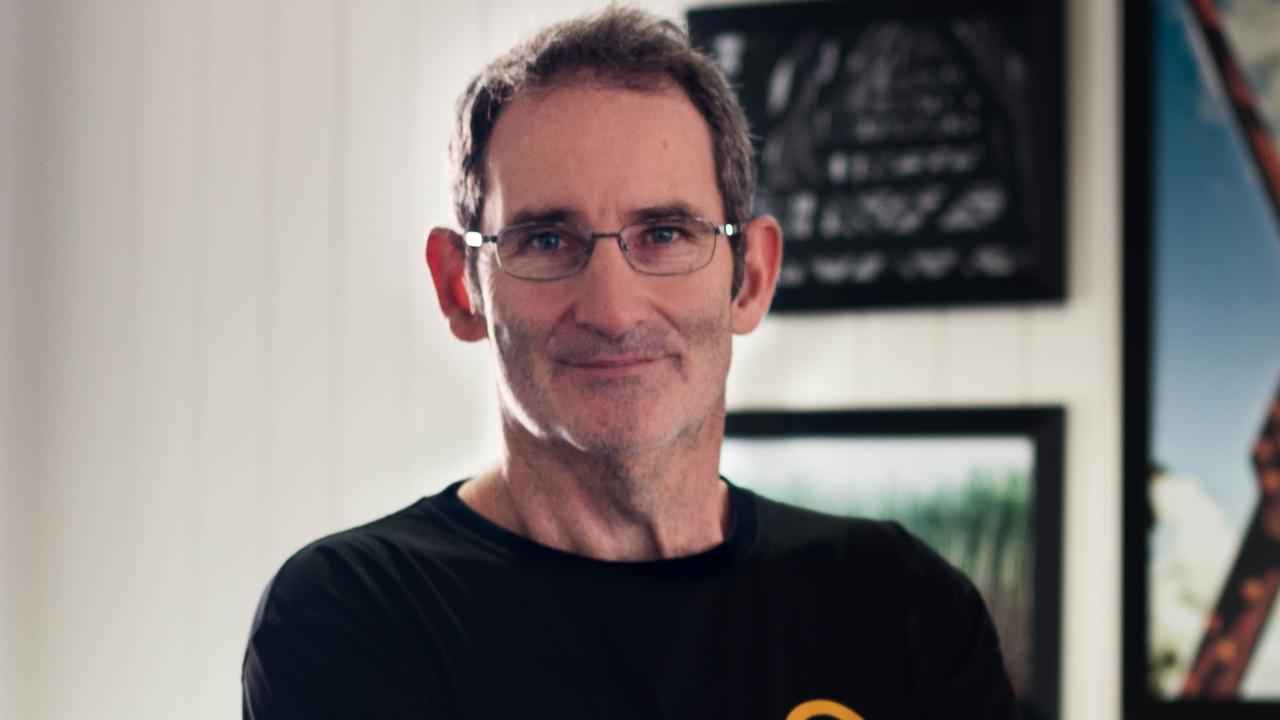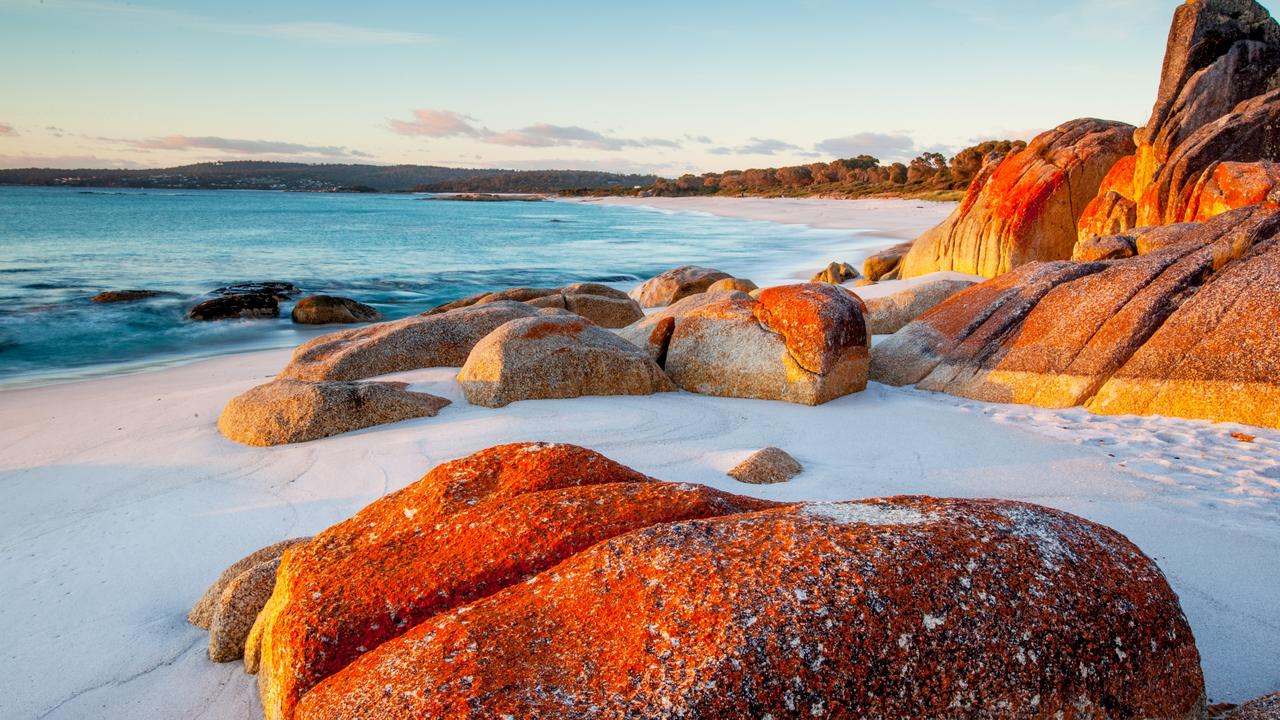Huge task lies ahead in rebooting Victorian economy
‘We have a big job in front of us when we can put the COVID crisis behind us to resuscitate Victoria’

Sir Rod Eddington spent a decade of his life helping make Melbourne the sporting and cultural capital of the nation.
After five years in London as chief executive of British Airways, he returned to Melbourne at the end of 2005 to replace Steve Vizard as the chairman of the Victorian Major Events Company, a role he relished in doing for the next 10 years.
So Eddington knows more than most about what makes the city tick.
“Melbourne is to Australia what Boston is to America,’’ he told The Weekend Australian.
“Rebooting the Victorian economy is going to require some real focus to get education and tourism visitations back into the space they should be.”
Eddington says that as a service-based economy, two of Victoria’s biggest export earners are the Melbourne and Monash universities “and we rely on our hard-earned reputation as a host for big sporting and cultural events and conventions”.
“We have a big job in front of us when we can put the COVID crisis behind us to resuscitate Victoria as a place to visit and a place to get an education. There is a big piece of work that will need to happen around those elements of our economy because they are fundamental to its future,’’ he said.

These days Eddington is JP Morgan’s Australian chairman and was one of just 200 people at work in Melbourne’s so-called “Tower of Power” at 101 Collins Street this week, highlighting the challenge for the city and its business community as it recorded 428 new COVID-19 cases on Friday, the largest single day increase of any state or territory during the pandemic.
It prompted Victorian Chief Health Officer Brett Sutton to warn that more restrictions were being considered, 10 days after Premier Daniel Andrews locked the state down for six weeks and closed the NSW border after a second wave of the coronavirus.
On Thursday Commonwealth Bank CEO Matt Comyn said many businesses operating in the Melbourne CBD were now going to struggle.
“The lockdown in Melbourne, particularly in the CBD, is going to impact some of the businesses there — hard,’’ he said.
While the Victorian government has maintained that people who can work from home should continue to do so during the lockdown, prompting National Australia Bank to take the unprecedented step of mothballing two of its CBD offices, six COVID-19 cases were this week linked to the CBD offices of HWL Ebsworth lawyers.
It raised fresh questions about the future of Melbourne’s empty office towers, the policies that should govern their use and the responsibility of employers for the health and wellbeing of their staff.
Melbourne Lord Mayor Sally Capp has convened a business taskforce including logistics billionaire Lindsay Fox, Nestle Australia chair Elizabeth Proust, Arts Centre CEO Claire Spencer, restaurant king Chris Lucas and social entrepreneur Bec Scott charged with advising the city on “Bringing Melbourne Back Better”. It met for the first time on Thursday and will meet every week.
“At this stage we are just gathering people’s thoughts but in the weeks ahead we will definitely have some ideas to put to the city on a range of issues. The passion for Melbourne is pretty deep and people want to help,’’ Ms Proust said.
Changing city
Ms Proust, who is also a director of Lendlease and the Bank of Melbourne, said there would undoubtedly be businesses in the city and surrounds that would not reopen after the lockdown.
“Some buildings might be offices again but some might be converted to housing for homeless people, others will become residential,’’ she said.
Ms Proust noted that when she became CEO of the City of Melbourne in 1990, it was also on its knees as the country had been plunged into recession.
“But it came back in little steps with a range of projects,’’ she said, pointing for instance to the city’s Laneways boom that took off during the 1990s.
Melbourne-based KPMG chair Alison Kitchen said while the firm’s Docklands offices were largely vacant, the firm was doing some things differently for its staff in the southern capital working from home.
“We have launched some new wellbeing programs this week and some extra mental health coaching. It is noticeable on national conference calls that your Victorian colleagues are operating differently and that it is difficult for them at this time,’’ she said.
But she was clear the firm was not letting Victoria’s issues distract it from the task ahead, a position she said was fully supported by its Melbourne clients.
“Nationally Australia is still doing incredibly well compared to most parts of the globe. So it is important we do everything we cannot to lose that. We are a national business, we are not losing momentum nationally while recognising our Victorian colleagues are doing it tough. There will be winners and losers out of this and if we want to be a winner we need to get on with our change agenda while people have the appetite. Victoria doesn’t want to get left behind and our Victorian clients are clear they want to get on with business.”
In the family business space, Melbourne businessman and former Western Bulldogs AFL club chair David Smorgon said his clients were concerned with the outlook for the Victorian economy.
“They are confused with the mixed messages and different opinions by both government and medical experts, which is reflected in a worrying deterioration in business and community confidence. Confidence underpins our attitude and currently there’s a lot of pessimism around and this is not healthy,’’ said Mr Smorgon, who was the inaugural chair of Family Business Australia.
“For the majority in business, these difficult times require patience, persistence and being cautious, attributes that don’t sit comfortably with entrepreneurs and family business leaders.”
But Smorgon, who runs his own family advisory business called Pointmade, said opportunity could come from adversity.
“A positive attitude will assist in achieving your objectives. Life events happen. Our current situation is worrying however our responsibility is to choose our attitude towards it,’’ he said.
He applauded the decision by the Pratt family to spend $1bn buying the local glass making plants of US firm Owens-Illinois, noting it was an example for other business leaders to follow.
Caravan king and rich-lister Gerry Ryan this week revealed he had agreed to bankroll a new online marketplace for locally made goods by Australian-owned businesses, declaring himself “one of the old dinosaurs when it comes to manufacturing”.
Treasurer Josh Frydenberg will next month launch the marketplace, Buy Aussie Now, which has raised around $1m from Mr Ryan and former Village Cinemas and Swisse Wellness Australia executive George Livery.
Mr Ryan, who owns the Jayco caravan manufacturing business and whose wealth was estimated by The Australian at $567m on this year’s edition of The List, said 70 per cent of the Jayco business went interstate from its Victorian manufacturing facilities.
“A stage 4 lockdown would certainly put a dent in our orders so hopefully the government can get control of things and we can get back to some normality,’’ he said.
His investment in Buy Aussie Now reflected his desire to help Australians invest again in their local communities.
“Across the businesses I invest in, I have have tried to bring products manufactured in China back to Victoria,” he said. “With COVID, people now care about each other a bit more and are thinking about Australia more.”



